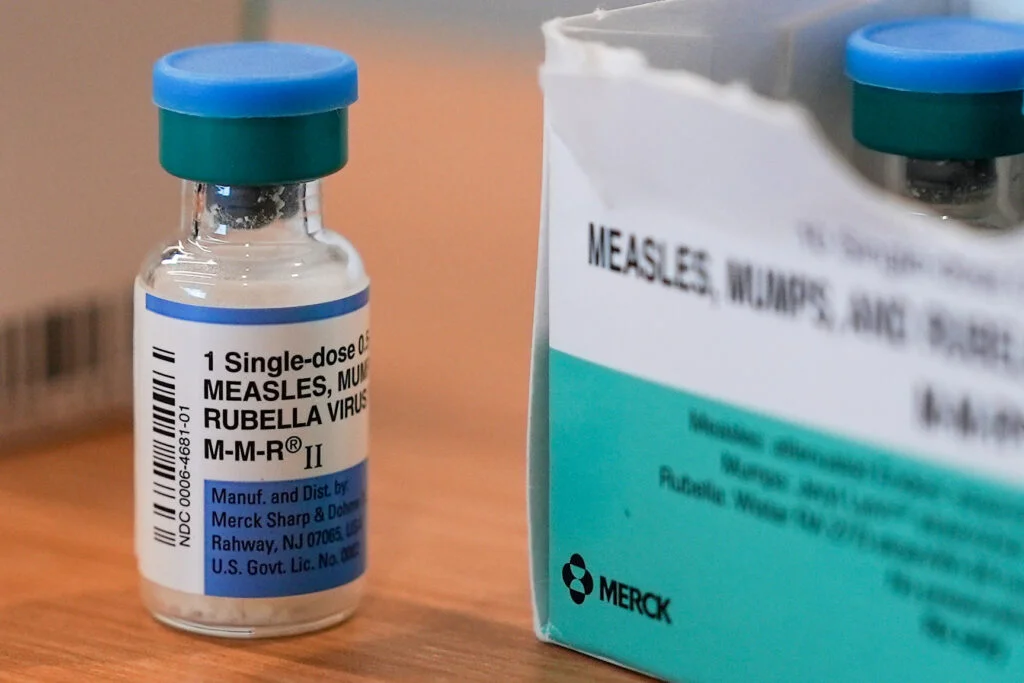
Is California’s Vaccine Confidence on the Brink?
As the specter of measles reemerges in the United States, California finds itself grappling with a troubling decline in vaccination rates among its youngest residents. This alarming trend has raised questions about public health confidence and the implications for herd immunity.
In 2025, more than 700 cases of measles have been reported nationwide, primarily concentrated in Texas, with very few cases emerging from California. However, the Golden State's vaccination rates for measles, mumps, and rubella (MMR) have dipped below the critical threshold of 95% required for herd immunity. This situation is particularly dire in certain counties where the rates have fallen significantly.

According to the California Department of Public Health, the rate of kindergarten students vaccinated against the MMR vaccine slipped from 94% in the 2020-2021 school year to just over 92% for the 2023-2024 year. This decline is especially concerning as 16 counties reported rates below the 95% threshold, including San Bernardino and Sacramento. Dr. Chad Vercio, a pediatric expert, noted that vaccine hesitancy has surged during and after the COVID-19 pandemic, fueled by misinformation regarding vaccine safety, notably the discredited link to autism.
For many parents like Lillian Lopez from Bakersfield, trust in public health institutions has waned considerably. Discontent with how COVID-19 mandates were enforced has led her to question the safety of vaccines that she once trusted.
"I do have doubts; I don’t have the trust that I did in the past," Lopez expressed. This sentiment resonates with many who feel that their safety concerns and rights have been sidelined during the pandemic.
The consequences of declining vaccination rates could be dire. Measles, one of the most contagious diseases known, remains a threat if critical coverage isn't maintained. "You’re not just putting your child at risk, but also others in the community," warned Dr. Vercio. Schools, where kids spend in close quarters, represent hotbeds for potential outbreaks, particularly if vaccination rates continue to dwindle.
The situation in California is significant but mirrors broader trends seen across the nation, stirring caution among public health officials. Pediatricians and school nurses, often at the forefront of vaccination campaigns, now face difficulties in combating vaccine misinformation and skepticism. As Eric Premack, founder of the Charter Schools Development Center, points out, charter schools have lower vaccination rates than traditional public schools, complicating efforts to enforce immunization mandates.
In light of all this, the collective responsibility of safeguarding public health is becoming increasingly challenging. Experts emphasize the need for open dialogue between parents and health practitioners, who must respect concerns even while advocating for vaccinations. Susan Sivils, nurse for Sacramento City Unified vaccination clinic, articulates the importance of fostering trust: "You have to respect people as parents, respect them as individuals."
Amid these pressing challenges, the question remains: How can California restore trust in its vaccination programs? Engaging parents and addressing their concerns will be crucial in reversing this troubling trend and ensuring the health and safety of future generations.
As these developments unfold, how can communities bolster trust in vaccinations? We encourage you to share your thoughts and experiences on this critical issue.